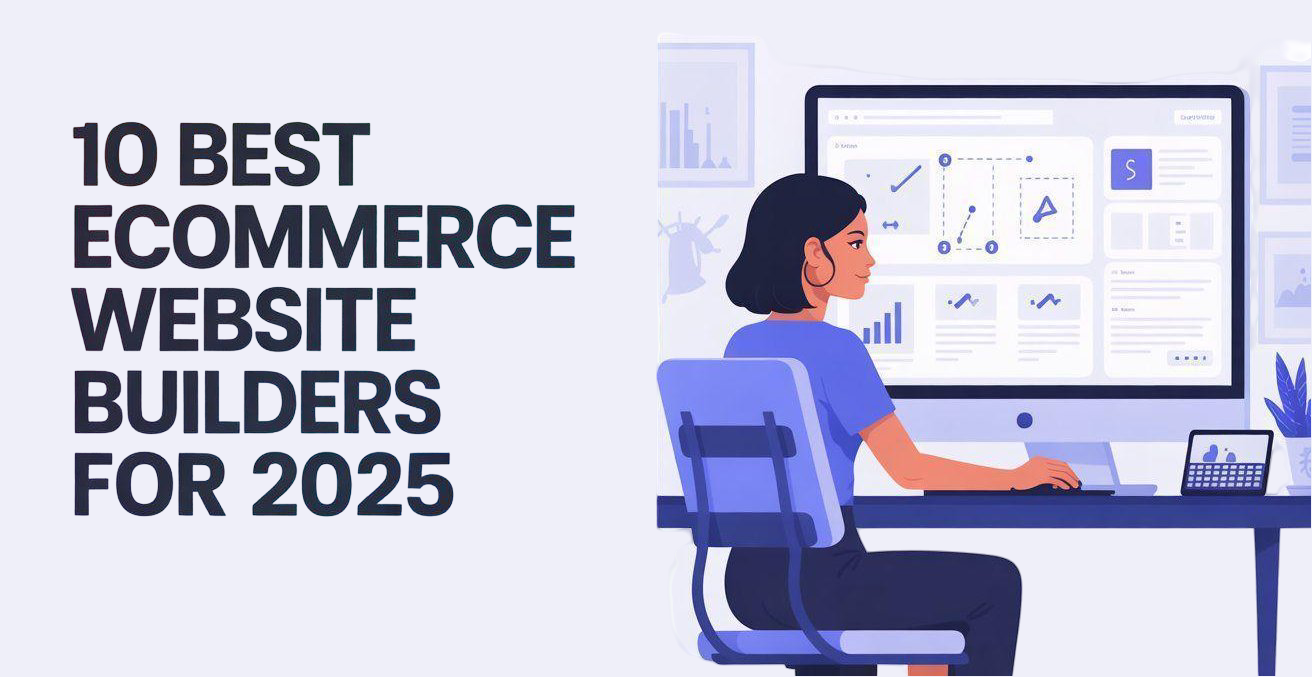Alright, so what actually makes an ecommerce website builder worth your time? Most people just want something that doesn’t make them want to throw their laptop out the window. So, here’s what everyone’s usually hunting for:
- You can get started without needing a PhD in computers
- It actually looks decent on your phone (because, everyone shops on their phone).
- Your payments aren’t sketchy—nobody wants to lose money to some shady checkout.
- You can make things look how you want without turning into a full-on coder.
- If you get stuck, there’s a real person to help you out—no endless robot chat loops./li>
- Some built-in magic for SEO and marketing, so you’re not screaming into the void.
- Alright, enough rambling—let’s check out the top website builders for 2025.
